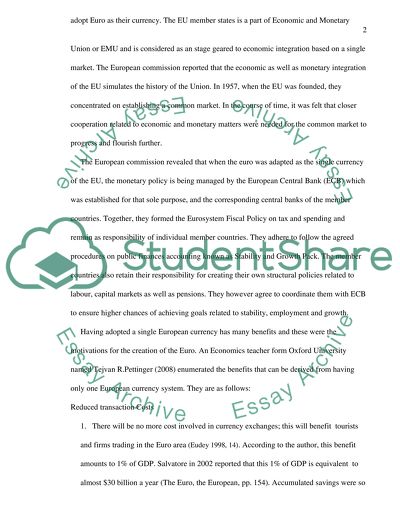Cite this document
(“European single currency Essay Example | Topics and Well Written Essays - 3250 words”, n.d.)
European single currency Essay Example | Topics and Well Written Essays - 3250 words. Retrieved from https://studentshare.org/macro-microeconomics/1507695-european-single-currency
European single currency Essay Example | Topics and Well Written Essays - 3250 words. Retrieved from https://studentshare.org/macro-microeconomics/1507695-european-single-currency
(European Single Currency Essay Example | Topics and Well Written Essays - 3250 Words)
European Single Currency Essay Example | Topics and Well Written Essays - 3250 Words. https://studentshare.org/macro-microeconomics/1507695-european-single-currency.
European Single Currency Essay Example | Topics and Well Written Essays - 3250 Words. https://studentshare.org/macro-microeconomics/1507695-european-single-currency.
“European Single Currency Essay Example | Topics and Well Written Essays - 3250 Words”, n.d. https://studentshare.org/macro-microeconomics/1507695-european-single-currency.


